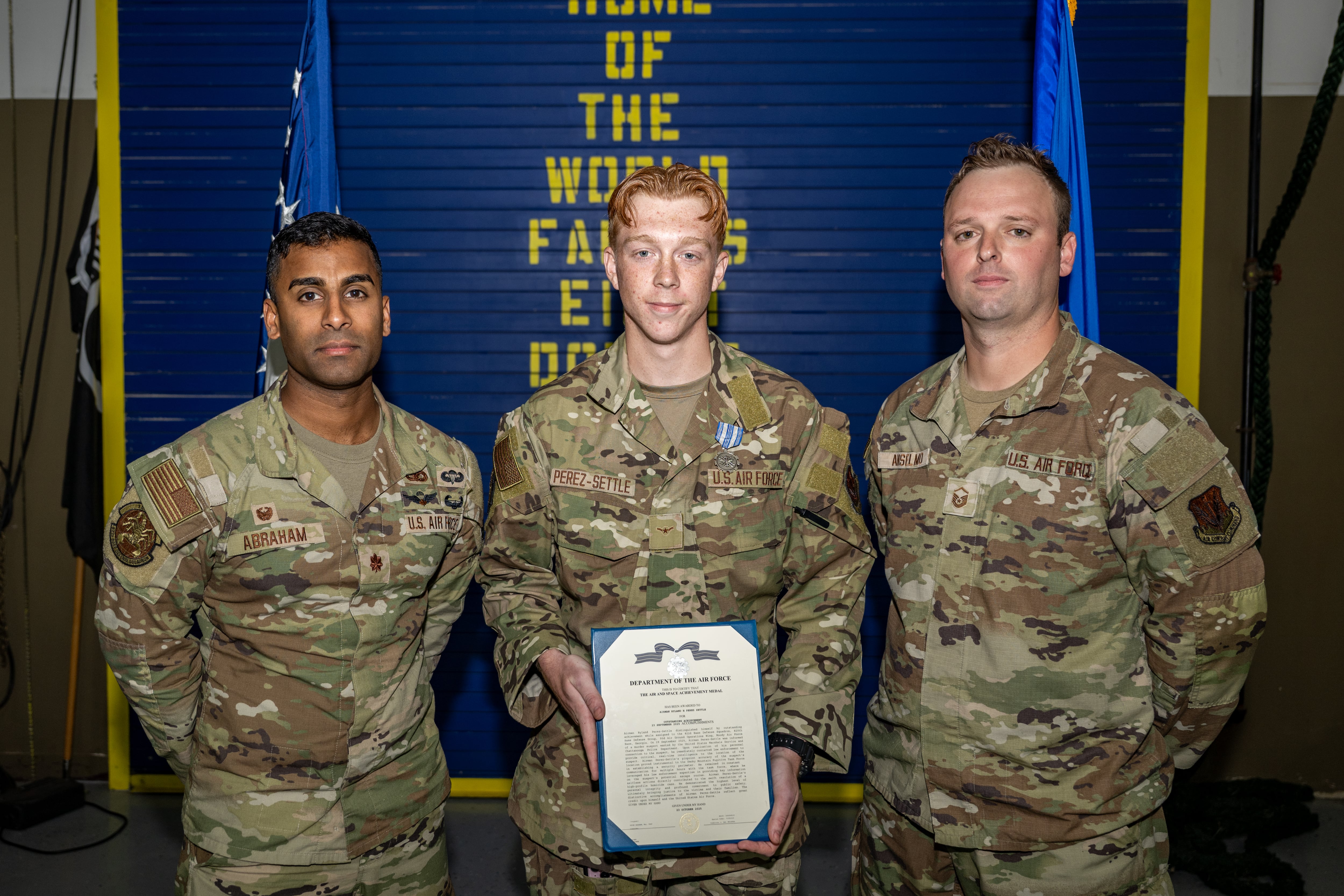WASHINGTON — Administration officials are backing away from plans to slash tens of thousands of dollars in unemployment benefits from elderly veterans after an outcry from advocates who warned the move could cause significant financial harm to vulnerable veterans.
During a Senate Veterans' Affairs Committee hearing on Wednesday, Veterans Affairs Secretary David Shulkin said that he wants to avoid any policy changes that "hurt veterans" and is considering other options to the proposed changes.
"The budget is a process, and it became clear this (plan) would hurt some veterans," he said. "I'm really concerned about that … I'm not going to support policies that hurt veterans."
At issue is a provision in President Donald Trump's $186.5 billion VA budget for fiscal 2018 that would dramatically change eligibility rules for the department's Individual Unemployability program. Up to 210,000 veterans over the age of 60, at least 7,000 of whom are over 80, could be impacted by the change.
Under current rules, the IU program awards payouts at the 100 percent disabled rate to veterans who cannot find work due to service-connected injuries, even if their actual rating decision is less than that. It amounts to an unemployment benefit for veterans not officially labeled as unable to work.
Administration officials want to stop those payouts once veterans are eligible for Social Security retirement benefits, arguing that retirement-age individuals should no longer qualify for unemployment benefits. Veterans who cannot collect Social Security would be exempt.
The move would save $3.2 billion next year alone. Last month, Shulkin told lawmakers the IU changes were "a hard decision" but added that "I don't think we can continue to only expand services and not look at the ones we are delivering."
For veterans who aren’t already retirement age, the change could largely be offset by their new Social Security payouts. But for veterans already receiving both, the move would mean a sudden loss of a significant income source. The IU payouts can total almost $20,000 a year.
Veterans groups have strongly opposed the proposal. On Monday, officials from AMVETS sent a letter to Shulkin blasting the changes as "gutting critical benefits for our veterans." Representatives from the group canvassed congressional offices on Tuesday, building support for dumping the IU changes.
"These cuts would throw senior citizen veterans in poverty, homeless and even more susceptible to suicide," said Joe Chenelly, National Executive Director at AMVETS.
"Our message was that while the budget process is long, these scared veterans need real assurance now that this proposal is a non-starter. We cannot subject these veterans to a long, stressful summer."
Before Shulkin’s announcement, Chenelly said he was confident that Congress would not support the move.
In a statement after the comments, American Legion officials praised the administration "for coming to their senses and committing to protect the Individual Unemployability program that provides for our most vulnerable veterans and their families."
Shulkin said he is still committed to looking for ways to be more efficient with taxpayer funds, but not at the expense of veterans’ financial health.
"If we were designing this system from the beginning, we wouldn’t have used it for veterans’ retirement," Shulkin said. "But the end result is that is the benefit. And to withdraw that money now is something that would be very difficult to do."
Earlier this week, officials from the House Appropriations Committee advanced VA budget language for fiscal 2018 without the Individual Unemployability changes. The Senate is expected to move its own budget plans in coming weeks.
Leo Shane III covers Congress, Veterans Affairs and the White House for Military Times. He can be reached at lshane@militarytimes.com.
Leo covers Congress, Veterans Affairs and the White House for Military Times. He has covered Washington, D.C. since 2004, focusing on military personnel and veterans policies. His work has earned numerous honors, including a 2009 Polk award, a 2010 National Headliner Award, the IAVA Leadership in Journalism award and the VFW News Media award.





